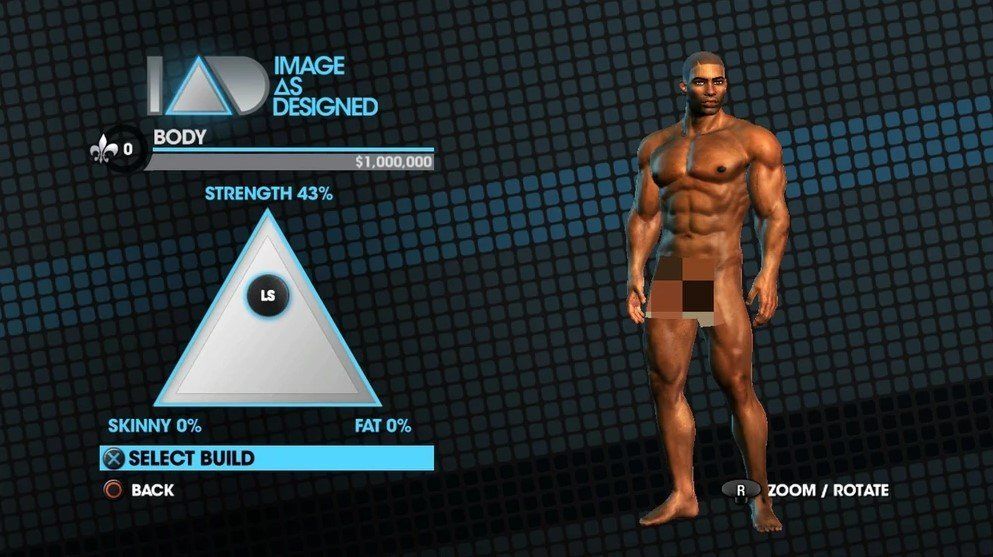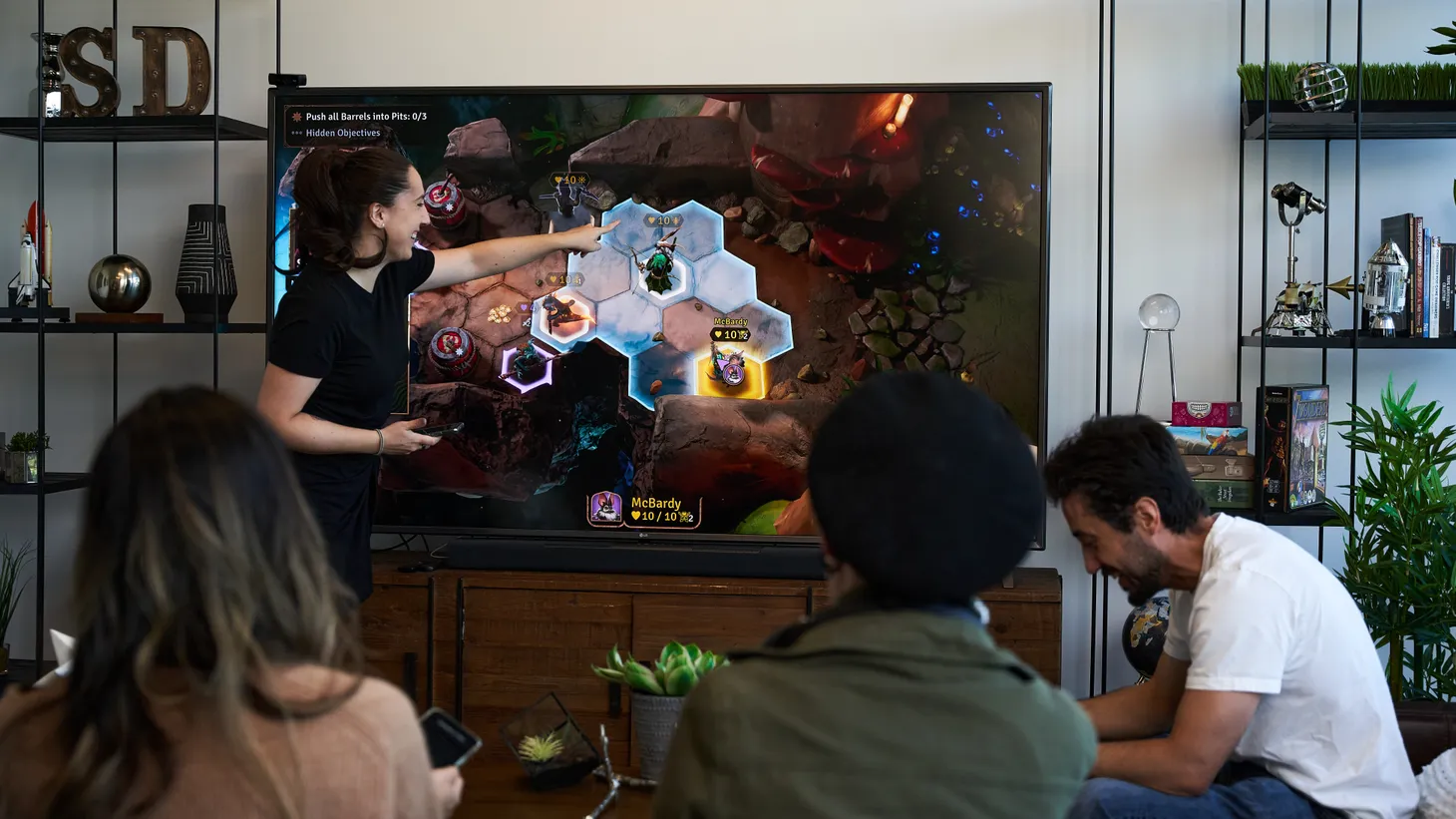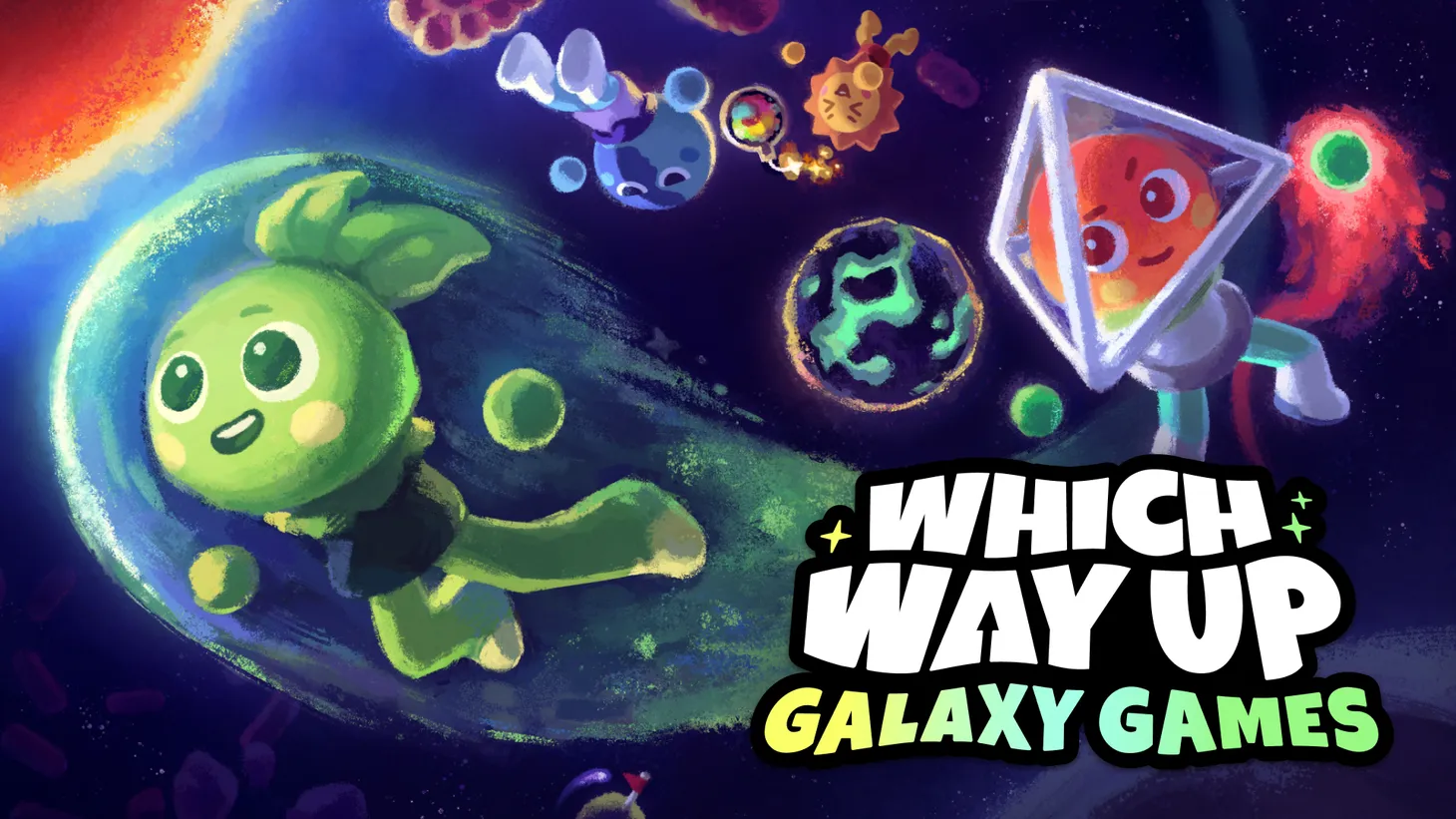Hogwarts Legacy's trans inclusion options aren't that great, actually
News of trans inclusive character creation in Harry Potter Legacy seems welcome, but its execution feels token and wider issues remain.

Recently, Bloomberg reported that the new Harry Potter game, Hogwarts Legacy, will include options relating to gender, and creating implied trans characters.
This includes customizing voice types between ‘masculine’ and ‘feminine’, choosing to be a ‘witch’ or ‘wizard’, and various other body type options that won’t be restricted by traditional gender roles.
For many, this was seen as a step forward. Especially given Harry Potter author J.K. Rowling’s well noted transphobic views, and the recent revelation that the lead designer of the game has also spouted similarly trash views on his YouTube channel.
The Bloomberg piece reports that many members of the development team were pushing hard for this inclusion to happen, despite alleged pushback from upper management, with Warner Brothers declining to release any kind of official statement on the matter. Which raises the question:
Is it truly inclusive if the whole team is not really on board? Or does that just make it a clumsy attempt to cater to a group they don't honestly care about?
Despite the strong pushing from developers, who I believe would have the best of intentions, it honestly feels like the latter.
Let me let you in on a little secret. I’m a trans man, who, for the most part, chooses to remain closeted due to various life circumstances. But for this piece in particular, I’m choosing to out myself.
My own gender status leads to an interesting conundrum in the Harry Potter world. If I were to make myself in this character creator, I would probably choose masculine voice, despite it not matching my own voice.
As you can imagine, choosing anything labelled ‘feminine’ isn’t exactly ideal for me and my sense of self.
Next up, I want you to picture this scenario. A closeted trans person in Hogwarts has two options. He chooses to identify as a Wizard and is placed into a dorm full of predominantly cis men. Not ideal.
He chooses Witch and remains closeted and, again, is put with predominately cis women. Not ideal (I have lived this one and it’s extremely not ideal, let me tell you).
He talks to his non-binary friend who simply throws their hands up in defeat at not even being given the opportunity to be anything other than a binary A / B choice.
This isn’t even going into the finer points of various personal takes on gender. Closeted trans people, stealth trans people, out and proud trans people, cis people who prefer to be gender non-conforming, it’s clear this isn’t a binary choice but is, rather, a spectrum.
In game development terms, however, this is slightly more complicated. Implementing a range of pronouns in a fully voice acted game, for example, has clear challenges.
But there is a simple bare minimum every developer attempting something like this should do: actually talk to trans people.
There are plenty of resources available, my personal favourite being Queerly Represent Me which offers a professional consulting service for developers who want to tackle any part of the LGBTQI+ spectrum in their games.
Again, given the pushback and reluctance to comment from Warner Brothers upper management, I don't have much confidence they've pursued this route, so perhaps a simple ‘don’t lock gendered options to character models’ option was the best the team could hope for.
While I can acknowledge there was at least some kind of attempt, the hollowness of it all still hurts. It’s a system that simply holds players to a binary choice of ‘man’ or ‘woman’ in the narrowest sense of the words.
It especially hurts when I can think of other games that, even unintentionally, have done better.

Saints Row springs to mind, with The Boss being the character, never being referred to by pronouns, and never having any kind of gendered options locked one way or another. The gender option itself was a slider between masculine and feminine. Even the more comedic options, like having a big ol’ dong, was ungendered.
This can, of course, lead to cases of people who think transness is a hilarious joke (it’s not). But it was still a delightfully affirming character creator, with gender having little more than aesthetic impact on your character's journey.
More intentionally was The Sims, which offered unlocking of gendered features in an update, allowing for a wide variety of characteristics which were, again, not confined to any kind of binary impact ingame, right down to whether or not your character can give birth, regardless of body type.
Though, these options present their own issue of being a broader, less specific take on gender that doesn’t provide any kind of affirmation.
So, what’s the solution for Hogwarts Legacy? How does one even begin to fix this? Removing gendered dorms and gameplay elements would be a start, but then, doesn’t that ‘ruin’ part of the Hogwarts setting?
On the one hand: it’s a fictional setting. You can make whatever excuses you like for changing the dorm arrangements. And on the other: can one videogame really fix such a large issue set in a universe that belongs to a now notoriously transphobic creator?
Clearly, the solution to this isn’t going to be an easy one. But this Hogwarts Legacy news feels more like dangling a carrot in front of tired trans people rather than offering them something substantial.
Byteside Newsletter
Join the newsletter to receive the latest updates in your inbox.



